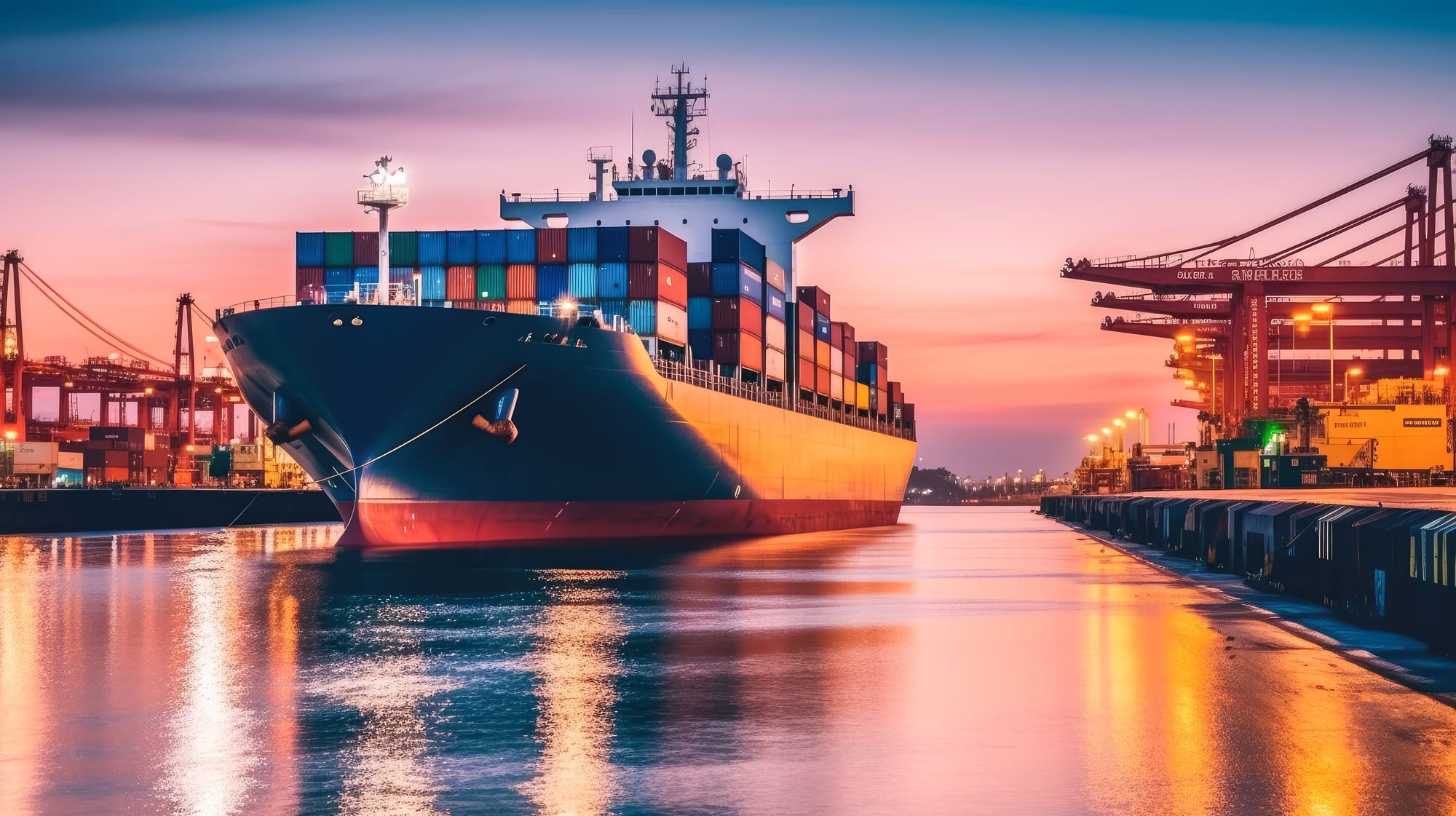The implementation of the Maritime Single Window (MSW) system represents a significant leap forward in the facilitation of international maritime traffic. This system, under the FAL Convention, is designed to streamline cross-border maritime trade, enhancing efficiency and reducing administrative burdens.
Purpose and Functionality of the MSW System
The MSW system aims to simplify the reporting formalities for ships, enabling electronic data exchange between ships and port authorities. This section will explore the purpose of the MSW, its operational framework, and how it integrates with existing port and customs systems.
Key Stakeholders and Their Roles
In this part, the article will identify the key stakeholders involved in the MSW system, including port authorities, shipping companies, and customs agencies. It will discuss their roles and responsibilities in ensuring the effective functioning of the MSW.
Impact on Maritime Logistics and Cross-Border Trade
The MSW system is expected to have a significant impact on maritime logistics and cross-border trade. This section will analyze how the system enhances the efficiency of the logistics chain, reduces delays, and promotes smoother trade flows.
Future Outlook and Challenges
Concluding the discussion, the article will address the future outlook of the MSW system, including potential challenges in its implementation and the steps being taken to overcome them.
For more information, please see the documents below (available only to subscribers):
Implementation of Maritime Single Window under FAL Convention

Sign up for our newsletter
Your most up-to-date maritime regulations news
It's free. No spam. Cancel anytime.










Related News
Panama updates seafarer documentation restrictions
Jan 13, 2025
Panama revises MMC-343: January 2025 updates
Jan 09, 2025
Marshall Islands issues advisory to prevent fatal falls on yachts
Jan 07, 2025